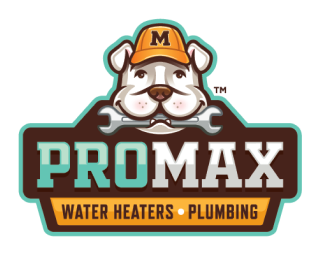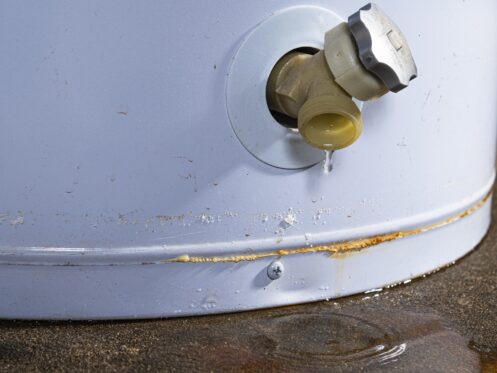The water heater recovery rate is a critical performance metric used to quantify how quickly a water heater can reheat a specific amount of water within a given time frame. It is an essential factor to consider when choosing a water heater, as it directly impacts the unit’s ability to provide a steady hot water supply. The recovery rate is typically measured in gallons per hour (GPH) and is indicative of how efficiently the water heater can meet the hot water demands of a household or commercial setting.
Understanding the Recovery Rate Calculation
To calculate the recovery rate, you must consider two primary factors: the water heater’s capacity and the required temperature rise. The capacity refers to the total amount of water the heater can hold, typically measured in gallons. The temperature rise required is the difference between the incoming cold water temperature and the desired hot water temperature. For instance, if the incoming cold water is at 50°F and the desired hot water temperature is 120°F, the temperature rise would be 70°F.
Impact of Recovery Rate on Hot Water Supply
A higher recovery rate implies that the water heater can replenish its hot water supply more quickly, making it suitable for situations where there is a high demand for hot water, such as large families or commercial establishments. On the other hand, a lower recovery rate may lead to temporary hot water shortages, especially during peak usage periods.
Relationship With Tank Size
The recovery rate is closely related to the water heater tank size. Larger tanks generally have higher recovery rates because they can hold more water and thus have a greater volume available for reheating. However, it’s essential to strike a balance between tank size and recovery rate, as larger tanks may consume more energy to maintain the stored water at the desired temperature when it’s not in use.
Factors Affecting Recovery Rate
Several factors can impact the actual recovery rate of a water heater. The type of fuel used (electric, gas, propane, or solar), the heating element or burner’s efficiency, and the tank’s insulation are significant factors. Additionally, the location of the water heater (indoors, outdoors, in a cold basement) can also influence its ability to maintain the desired recovery rate.
Contact Professionals Today!
Are you tired of dealing with cold showers and plumbing issues in your Bellevue, WA home? ProMax Water Heaters & Plumbing is here to help. We have comprehensive plumbing services, whether it’s installing a new water heater, repairing a stubborn leak, or handling any plumbing emergency, we’ve got you covered. Contact ProMax Water Heaters & Plumbing today and schedule an appointment with us!
Meet Evan Niemela: Owner of ProMax Water Heaters & Plumbing
When he’s not plumbing, you’ll find Evan looking for a little white golf ball (generally in the woods or long grass), exploring the mountains and trails in the beautiful PNW or spending time with his wife and seven children.



